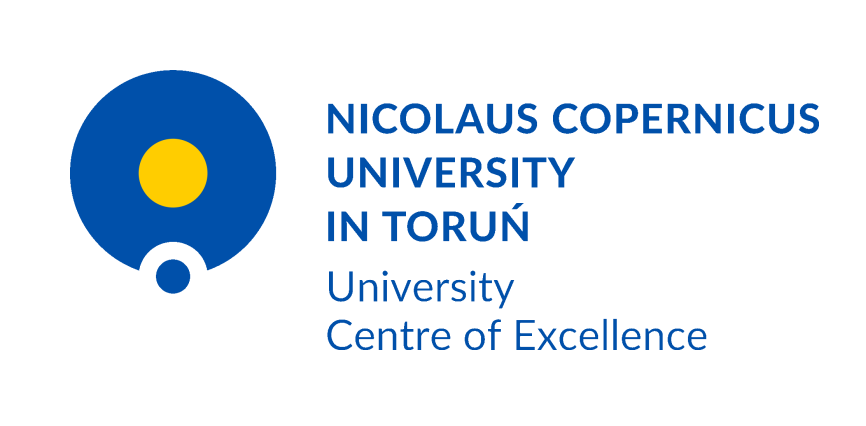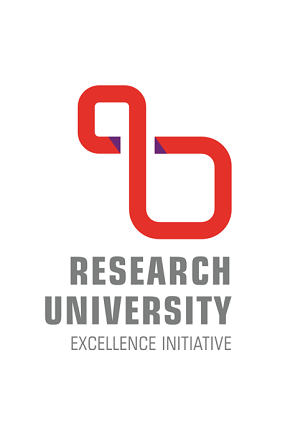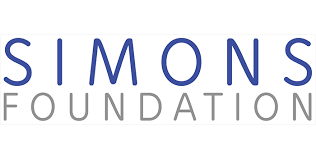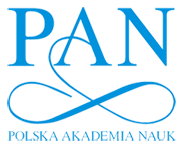
Thermodynamic formalism provides a mathematical framework for studying qualitative and quantitative aspects of dynamical systems. Founders of this theory include Sinai, Bowen, and Ruelle, but principle ideas have their origin in the development by Gibbs to describe interacting particle physical systems in the realm of statistical mechanics. Key concepts include Bernoulli and Gibbs distributions, equilibrium states, variational and, in particular, maximum entropy principles. Its contemporary mathematical aspects are intimately related with ergodic theory and have applications in fractal geometry, the description of large deviations, multifractal analysis, analysis of axiom A-systems, rigidity problems, ergodic optimization and control problems, among many others. There are also relations to geometry and group theory.
Classical approaches describe asymptotic behavior of Birkhoff (arithmetic) averages of Hölder continuous potentials and their fluctuations by means of pressure functionals, variational principles for ergodic measures and the analysis of maximizing (equilibrium) measures. This theory has experienced recently a series of extensions as so far it was not able to cover more general types of dynamical systems that are not uniformly hyperbolic or partially hyperbolic, randomized, or have a higher-dimensional phase space and hence require to deal with nonconformal systems.
Those extensions gave rise to what is nowadays called non-additive thermodynamical formalism. The origin of this notion is due to investigation of the growth of the norm (or a singular value function) of a matrix product. This line of investigations naturally occurs in the study of matrix cocycles. But it has also immediate impacts in the analysis of Lyapunov exponents and hence in the description of the lack of hyperbolicity, for example.
This area is developing very fast in the last time and in multiple directions. One common feature is that approaches in different areas have comparable flavors and common underlying ideas. In this meeting we want to gather specialists working from different perspectives. We hope that this meeting can provide a platform to create synergies and to give rise to many fruitful scientific collaborations.
This conference is part of the Simons Semester Topological, smooth and holomorphic dynamics, ergodic theory, fractals, 01.03.2023 - 30.06.2023, Warsaw & Będlewo
Confirmed speakers include:
Anton Gorodetski (University of California Irvine)
Antti Käenmäki (University of Oulu)
Balázs Bárány (Budapest University of Technology and Economics)
De-Jun Feng (Chinese University of Hong Kong)
Henna Koivusalo (University of Bristol)
Ian Morris (Queen Mary University of London)
Joanna Kulaga-Przymus (Uniwersytet Mikolaja Kopernika Torún)
Julien Barral (Université Paris 13)
Karoly Simon (Budapest University of Technology and Economics)
Laura Breitkopf (University of Bremen)
Mark Pollicott (University of Warwick)
Mike Todd (University of St Andrews)
Noé Cuneo (Université Paris Cité)
Polina Vytnova (University of Surrey)
Ronnie Pavlov (University of Denver)
Sascha Troscheit (University of Oulu)
Vaughn Climenhaga (University of Houston)
Victor Kleptsyn (Université de Rennes)
Yuri Lima (Federal University of Ceará)
Scientific Commitee:
-
De-Jun Feng (The Chinese University of Hong Kong)
-
Katrin Gelfert (Federal University of Rio de Janeiro)
-
Anton Gorodetski (University of California Irvine)
-
Godofredo Iommi (Pontificia Universidad Católica de Chile)
-
Michał Rams (Institute of Mathematics, Polish Academy of Sciences)
-
Ali Tahzibi (University of São Paulo-São Carlos)
-
Krzysztof Frączek (Nicolaus Copernicus University, Torún)
-
Katrin Gelfert (Federal University of Rio de Janeiro)
-
Michał Rams (Institute of Mathematics, Polish Academy of Sciences)





